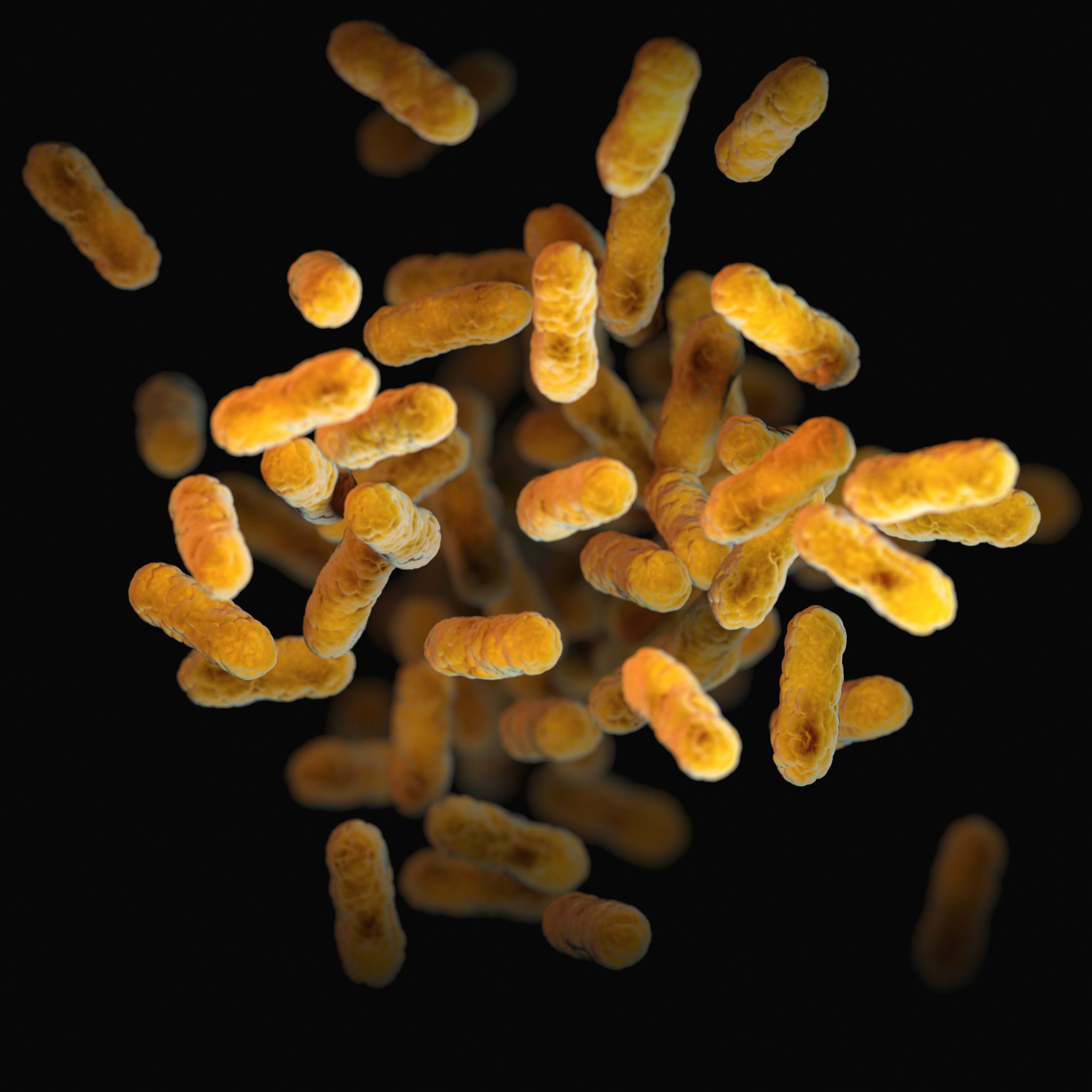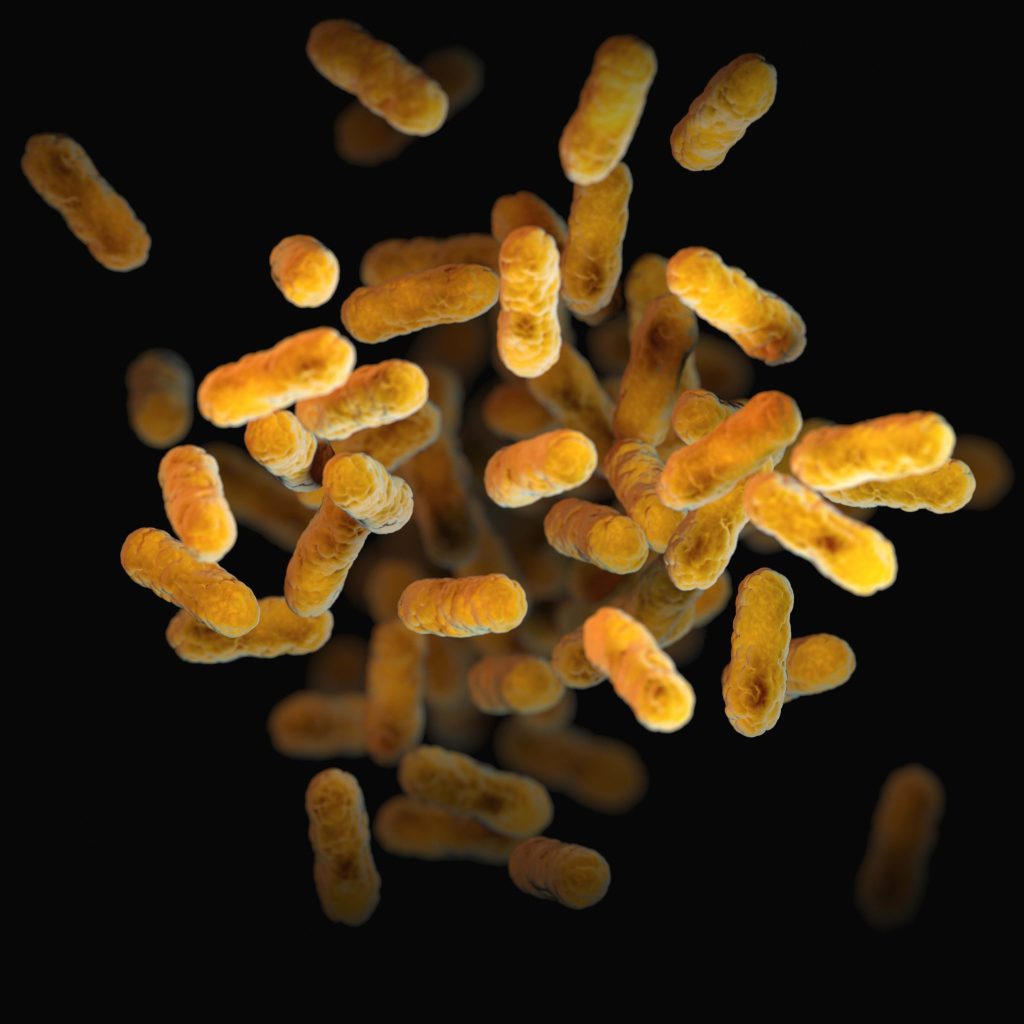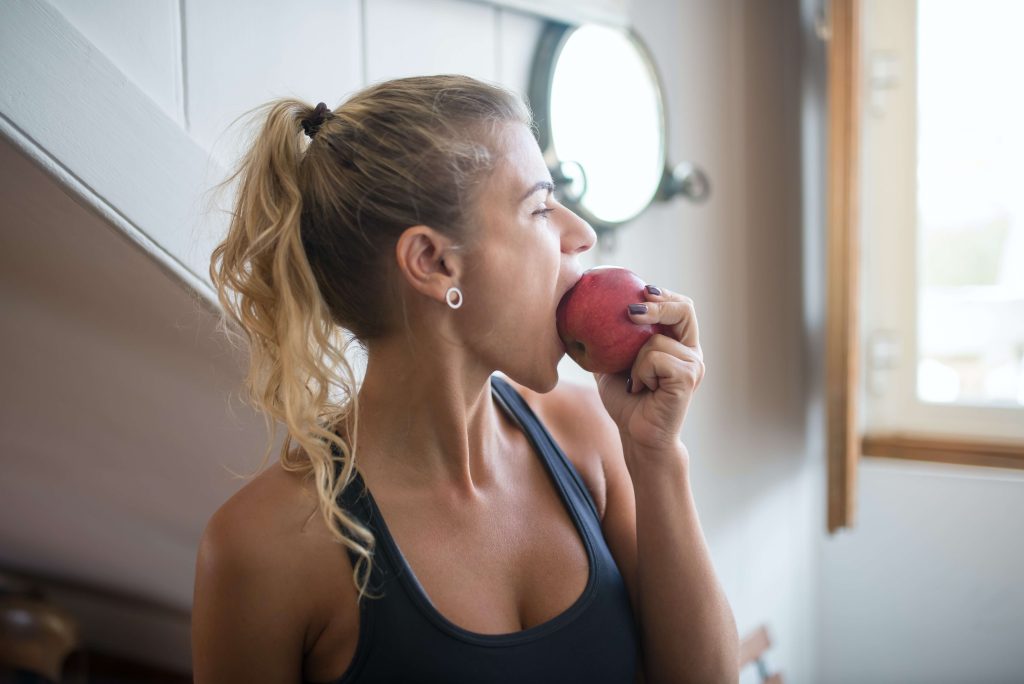
7 Evidence-Based Lifestyle Changes to Optimize Your Gut Microbiome


7 Evidence-Based Lifestyle Changes to Optimize Your Gut Microbiome
You have a two-way relationship with your gut flora; it takes much more than probiotics to optimize them. As a holistic gut health company, we’ve dived deep into the latest microbiome research.
Here are the seven little-known factors you should consider when optimizing your gut flora and health.
1. Manage Unhealthy Stress Response
Poor mental and emotional stress responses can negatively affect your gut flora.
A study examined Lactobacilli levels in the stool and subjective stress and cortisol levels. They found that the longer the participants are exposed to exam stress, the fewer Lactobacilli they have.
PowerMove: To optimize your gut flora, managing stress and improving your stress resilience over time is crucial.

2. Improve Your Relationship Quality
Loneliness and toxic relationships can ruin your gut flora, just as we’ve always known that loneliness ruins health and shortens lifespan.
According to a study published in Nature Scientific Reports, your relationship quality shapes your microbiota. The study looked at the microbiota of 94 couples and 83 sibling pairs. They found that spouses had more similar microbiomes, even when a shared diet was accounted for. Married individuals had better bacteria diversity and richness than those living alone. Also, couples who reported having close relationships had the greatest gut bacteria diversity.
Another Chimpanzee study published in Science found that frequent social interactions among the chimps created more microbial diversity and richness.
PowerMove: To improve your overall health and microbiome, working on your relationships and community is important.
3. Sleep And Optimize Your Circadian Rhythm
The gut microbiota has day/night rhythms that respond to our fasting and feeding cycles. Therefore, circadian rhythm and sleep disruptions can change gut bacteria. For example, healthy young men with 4.25 hours of sleep for two nights have increased Firmicutes relative to Bacteroidetes, among other changes.
In mice, sleep deprivation increases bacteria strains that feed on undigested foods. These bacteria changes may be one reason why sleep deprivation and throwing off circadian rhythm can cause weight gain.
4. Feed Your Gut Flora Right
Studies show that the food you feed the gut flora can turn over your microbiota in 2 – 3 days. Aside from probiotics and prebiotics, plant polyphenols and omega-3 fatty acids feed good gut bacteria.
Conversely, high-fat meals, especially saturated fats, feed Firmicutes, the bacteria associated with weight gain. These foods also reduce gut flora diversity. Fried foods and foods high in salt and sugar can be bad for the gut flora.
The response to certain foods associated with cardiovascular risk may depend on your microbiome. For example, red meat can be extra bad for your heart health if you have gut bacteria that convert carnitine and choline into trimethylamine N-oxide (TMAO).
Although the test is relatively new, you can get a blood test for TMAO. Also, if your blood sugar control and other cardiovascular markers tend to get worse with more red meat, then your gut flora may tend to produce TMAO.
PowerMove: Feed your gut flora right. Also, consider testing your gut flora with a test like Ubiome to see what foods your gut bacteria like to eat the most.

5. Remove The Sources Of Inflammation
Friendly bacteria, such as Lactobacilli and Bifidobacteria, are anaerobic bacteria. They are more comfortable with no oxygen around. Bad bacteria, such as Streptococci, tend to like oxygen.
Healthy gut linings have well-functioning mitochondria, which use up all the oxygen, creating a zero-oxygen environment for these friendly bacteria. Unhealthy gut cells have poorly functioning mitochondria, leaving oxygen available for bad bacteria.
PowerMoves: To rebalance your microbiome, remove any gut irritants, including foods causing gut health issues.
6. Eliminate The Bad, Reseed The Good
Changing your microbiota typically takes much more than just probiotics alone. So, you may need a full-on weed and reseed protocol.
Gut health issues, such as those caused by fungi or parasites, can lead to poor gut health, inhibiting good bacteria growth. Para Guardian can help kill parasites and pathogenic yeasts. Probiotic Breakthrough produces postbiotics that inhibit bad bacteria and yeast from making room for the good ones, which can shift the overall microbiota composition.
Microbiome Breakthrough contains IgYmax, a mixture of egg-based antibodies, which can target and remove 26 strains of bad bacteria. IgYmax has been clinically shown to improve gut bacteria’s overall composition. Microbiome Breakthrough also contains beneficial bacteria that can form a biofilm to replace the bad bacteria, along with prebiotics that improves probiotics’ survival and overall microbiota.
PowerMoves: Some people can reset their gut flora with Microbiome Breakthrough, while others need a more comprehensive protocol. This is why we created the 90-day gut cleanse. Also, consider working with a practitioner who can order tests for these gut infections.
7. Optimize Your Digestion, Especially Protein, And Fat
Suboptimal digestion can leave a lot of undigested foods for your bacteria and immune system. Leftover amino acids can become harmful metabolites if your body doesn’t fully digest and absorb the amino acids before your food reaches the large intestine.
Good gut bacteria feed on leftover fibers and carbohydrates, such as resistant starch. Fermenting carbohydrates creates beneficial postbiotics like short-chain fatty acids acetate, propionate, and butyrate.

While most amino acids are eventually fermented into short-chain fatty acids, some of them can get fermented into substances that may be toxic, such as amines, ammonia, phenols, and sulfur compounds. Some of these, like agmatine and cadaverine, may have health benefits.
Other gut bacteria metabolites from fermenting amino acids can work as neurotransmitters or interfere with neurotransmitter functions. For example, kynurenine is an important tryptophan and serotonin metabolite that affects the gut-brain axis. In the presence of inflammation, it can convert into quinolinic acid, which is neurotoxic. Quinolinic acid can contribute to mental health issues.
Therefore, optimizing digestion and providing your body with enough digestive capacity is important, especially if you’re working toward optimal health or addressing the root causes of inflammation.
Powermove: HCL Breakthrough and MassZymes make the best combination to optimize your digestion.
Conclusion:
As you can see, numerous lifestyle factors beyond food affect your gut microbiome. This is because you have a two-way relationship with your gut microbes. Be unhappy, unhealthy, and inflamed; you’ll breed bad bacteria. So, it’s important to pay attention to other aspects of health, such as sleeping well and maintaining healthy relationships, to optimize your microbiome.
How have you been supporting your healthy gut flora?
References
- Knowles SR, Nelson EA, Palombo EA. Investigating the role of perceived stress on bacterial flora activity and salivary cortisol secretion: a possible mechanism underlying susceptibility to illness. Biol Psychol. 2008;77(2):132-137. doi:10.1016/j.biopsycho.2007.09.010
- Dill-McFarland KA, Tang ZZ, Kemis JH, et al. Close social relationships correlate with human gut microbiota composition. Sci Rep. 2019;9(1):703. doi:10.1038/s41598-018-37298-9
- Moeller AH, Foerster S, Wilson ML, Pusey AE, Hahn BH, Ochman H. Social behavior shapes the chimpanzee pan-microbiome. Sci Adv. 2016;2(1):e1500997. doi:10.1126/sciadv.1500997
- Karl JP, Hatch AM, Arcidiacono SM, et al. Effects of psychological, environmental and physical stressors on the gut Microbiota. Front Microbiol. 2018;9:2013. doi:10.3389/fmicb.2018.02013
- Benedict C, Vogel H, Jonas W, et al. Gut microbiota and glucometabolic alterations in response to recurrent partial sleep deprivation in normal-weight young individuals. Mol Metab. 2016;5(12):1175-1186. doi:10.1016/j.molmet.2016.10.003
- Kumar Singh A, Cabral C, Kumar R, et al. Beneficial effects of dietary polyphenols on gut Microbiota and strategies to improve delivery efficiency. Nutrients. 2019;11(9):2216. doi:10.3390/nu11092216
- Costantini L, Molinari R, Farinon B, Merendino N. Impact of omega-3 fatty acids on the gut Microbiota. Int J Mol Sci. 2017;18(12):2645. doi:10.3390/ijms18122645
- Qi L. Fried foods, gut Microbiota, and glucose metabolism. Diabetes Care. 2021;44(9):1907-1909. doi:10.2337/dci21-0033
- Smiljanec K, Lennon SL. Sodium, hypertension, and the gut: does the gut microbiota go salty? Am J Physiol Heart Circ Physiol. 2019;317(6):H1173-H1182. doi:10.1152/ajpheart.00312.2019
- Khan S, Waliullah S, Godfrey V, et al. Dietary simple sugars alter microbial ecology in the gut and promote colitis in mice. Sci Transl Med. 2020;12(567):eaay6218. doi:10.1126/scitranslmed.aay6218
- Koeth RA, Lam-Galvez BR, Kirsop J, et al. L-Carnitine in omnivorous diets induces an atherogenic gut microbial pathway in humans. J Clin Invest. 1 2019;129(1):373-387. doi:10.1172/JCI94601
- Litvak Y, Byndloss MX, Bäumler AJ. Colonocyte metabolism shapes the gut microbiota. Science. 2018;362(6418):eaat9076. doi:10.1126/science.aat9076[/custom-reference
- [custom-reference id="ref-16"]Igynutrition.com. Accessed August 27, 2022. http://www.igynutrition.com/burdette/
- Riccio P, Rossano R. Undigested food and gut Microbiota may cooperate in the pathogenesis of neuroinflammatory diseases: A matter of barriers and a proposal on the origin of organ specificity. Nutrients. 2019;11(11):2714. doi:10.3390/nu11112714
- Ke J, An Y, Cao B, Lang J, Wu N, Zhao D. Orlistat-induced gut Microbiota modification in obese mice. Evid Based Complement Alternat Med. 2020;2020:9818349. doi:10.1155/2020/9818349
- Oliphant K, Allen-Vercoe E. Macronutrient metabolism by the human gut microbiome: major fermentation by-products and their impact on host health. Microbiome. 2019;7(1):91. doi:10.1186/s40168-019-0704-8
